We are academics interested in the impact of temperature on the fertility of organisms, and how this may affect their lives, their evolution and ecology, and their conservation in the face of climate change. If you want to join us, please get in touch.
Lucy Alford • Matty P. Berg • David Berger • Tom Bishop • Merel C. Breedveld • Jon Bridle • Nathan Butterworth • Berta Canal • Pau Carazo • Emily R Churchill • Benjamin Cole • Liam R. Dougherty • Szymon Drobniak • Jacintha Ellers • Sinead English • Vittorio Ferrero • Clelia Gasparini • Alice Godden • Isobel Grieve • Graziella Iossa • Mareike Koppik • Torsten Nygaard Kristensen • Malgorzata (Losia) Lagisz • Lesley Lancaster • Noah Leith • Stefan Lüpold • Rowan Lymbery • Erin Macartney • Ryan Martin • Margarida Matos • Callum McLellan • Abhishek Meena • Florent Murat • Ameka Myrie • Shinichi Nakagawa • Daniel Noble • Jonathan Parrett • Natalie Pilakouta • Patrice Pottier • Steve Ramm • Rebecca Rimbach • Melissah Rowe • Inon Scharf • Mads F. Schou • Eva Schultner • Lisa Schwanz • Karendeep Sidhu • Pedro Simões • India Sutherland • Christopher Taylor • Cristina Tuni • Ram Vasudeva • Hester Weaving • Jakob Wiil • Joachim Wistuba • Z. Valentina Zizzari
Lucy Alford
University of Bristol
I am an invertebrate physiologist at the University of Bristol with an interest in thermal physiology and the mechanisms conferring thermal tolerance. I am particularly interested in understanding how we may use our knowledge of invertebrate physiology to inform the development of targeted landscape management to enhance the thermal resilience of beneficial insects and the ecosystem services they provide in a changing climate.

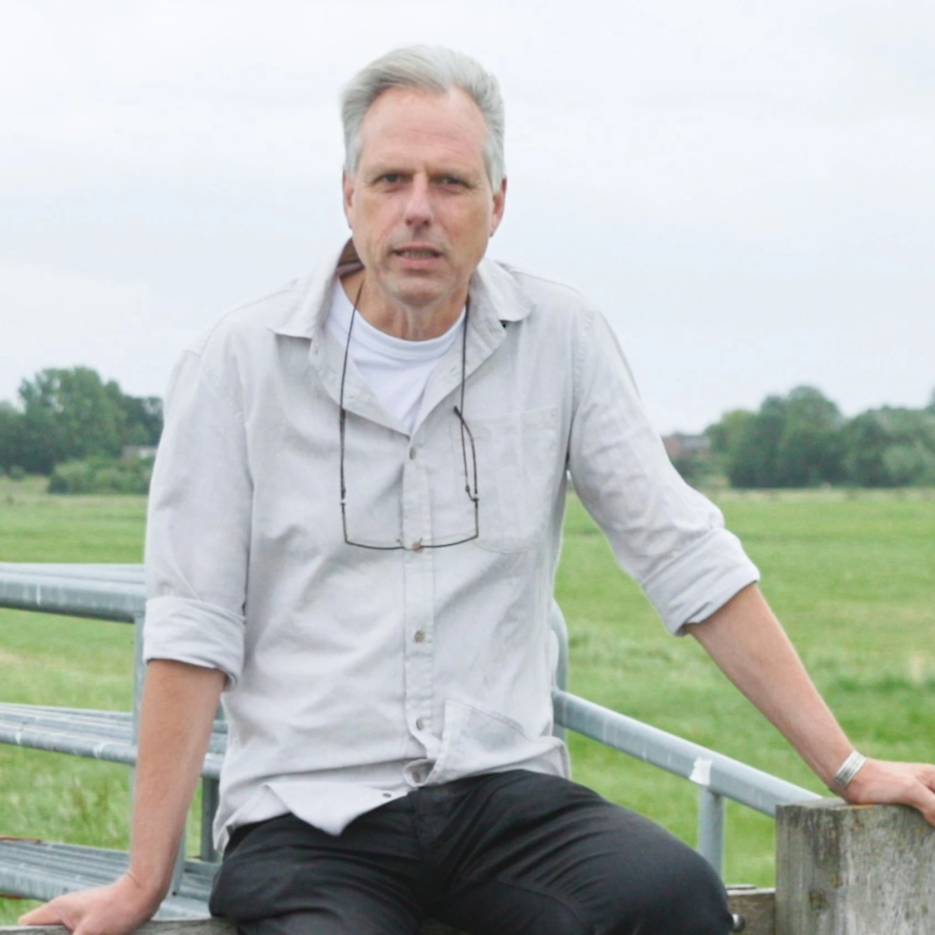
Matty P. Berg
Vrije Universiteit Amsterdam
I’m a community ecologist and generally interested in how functional and life-history traits, both inter- and intra-specific, can be used to understand shifts in soil fauna species composition across time and space, for instance due to climate extremes or across environmental gradients. By combining functional trait, such a temperature and drought tolerance, body size and reproductive output measured in laboratory settings, with community data I try to understand and predict how environmental change effect species distribution. For my studies I use several groups of soil fauna, among others isopods, millipedes, springtails, ground beetles, specifically in grasslands ecosystems.
David Berger
Uppsala University
Experimental evolutionary ecologist working on seed beetles and other insects. Studies plastic and genetic responses to environmental stress as well as local (mal)adaptation stemming from sexual selection and mating system variation. Works mainly in the lab applying experimental evolution and quantitative genetic breeding designs.
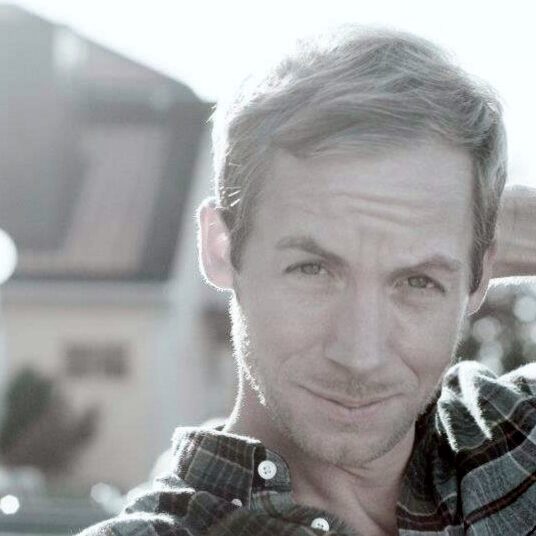

Tom Bishop
Cardiff University
I am a field ecologist and biogeographer with a particular interest in the thermal ecology of ants. My research uses extensive elevational and latitudinal gradients to understand how organisms, populations and entire communities respond to changes in their thermal environment. I am particularly interested in taking a traits-based approach and in exploring how traits relevant for thermoregulatory behaviours are distributed across space and time.
Merel C. Breedveld
University of Padova
I am broadly interested in reproduction and sexual selection. Through my research I’d like to understand whether animals adjust reproductive strategies in response to changing external conditions, to ultimately understand the consequences of environmental change on reproductive success and animal populations. I am currently a Marie Curie fellow in the lab of Clelia Gaparini, working on a project to understand the effects of heatwaves on fertility, sexual selection, reproductive behaviour and transgenerational fitness using the guppy (Poecilia reticulata) as a model system.

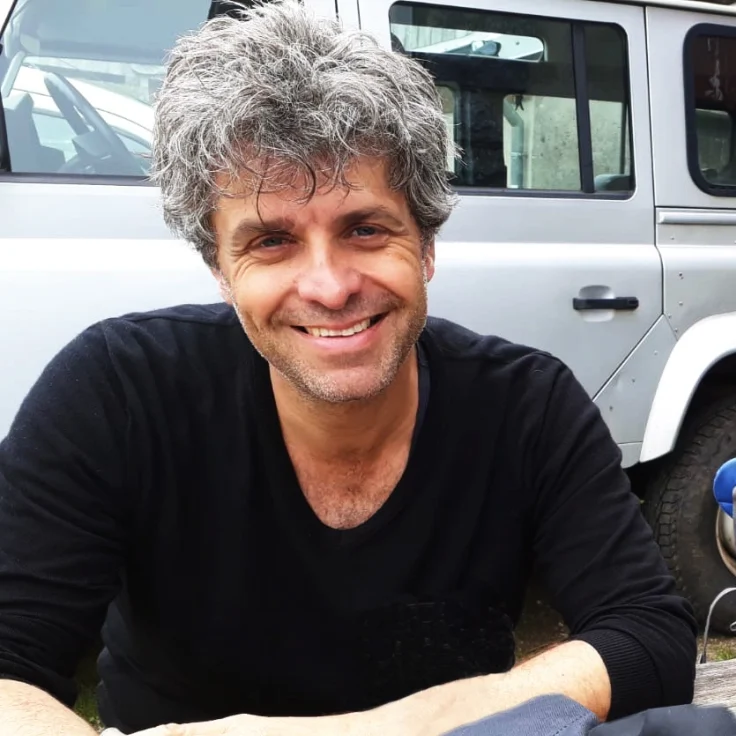
Jon Bridle
University College London
I’d like to understand what ecological and genetic factors determ ine maximum rates of evolution in time and space. Such limits to adaptation determine why species have different (and differently sized) distributions and niche widths, as well as how these distributions are affected by environmental change, particularly habitat loss and climate change.
Nathan Butterworth
Monash University
I am an invertebrate ecologist from Australia (less than four years post-PhD) and my research interests include sexual selection, invertebrate biology, and thermal ecology. My current work within the School of Biological Sciences at Monash University addresses when and why we should expect a sicker sex to emerge (e.g., Butterworth et al. 2024 Proc B) and how sex-specific disease outcomes are shaped by the thermal environment. I work primarily on flies (Diptera) and water fleas (Daphnia). I’m particularly passionate about invertebrate conservation and recognise the key role that sex-specific thermal fertility limits will play in managing invertebrate populations in a changing climate. I am thus broadly interested in sex-specific responses to thermal change and would like to join the seminars and events of the thermal fertility network to stay up to date with progress in the field, to discuss research ideas, contribute data, and collaborate. I have published 17 papers (10 as first/last author) including in journals such as Biological Reviews, The American Naturalist, and Proceedings of the Royal Society B. I have a field-weighted citation impact (FWCI) of 2.26 (as indicated by SciVal) which is 126% above the world average for the field, and have had 11 grants funded since 2020, totalling €578,000.


Berta Canal
University of Münster
I am interested in investigating the negative effects of extreme temperatures on Drosophila reproduction from individuals to species and populations. My research focuses on identifying factors explaining heat-induced sterility and explores rates of fertility loss in different Drosophila species from varying geographic distributions. This research gave a better understanding of how species temperature sensitivity differs characterizing their habitats and ecologies. From an evolutionary point of view, I’m also interested in studying the adaptive potential of species to persist under increasing temperatures and in studying factors limiting population persistence and reproductive success. To this end, we conducted an experimental evolution approach in replicated Drosophila populations to investigate thermal adaptation and evaluate whether flies can expand their fertility range and thus remain fertile even at sterilizing temperatures.
Pau Carazo
University of Valencia
I am generally interested in the evolution and function of behaviour, and in the role that behaviour plays as a spearhead of evolutionary change. Currently, my main line of research is on biotic and abiotic factors modulating the intensity of sexual selection and sexual conflict, as well as ensueing eco-evolutionary feedback on population viability. More specifically, one of my main aims is to understand the role of temperature in the above.


Emily R Churchill
University of Leeds
I’m a behavioural ecologist investigating the effects of the physical and social environment on Drosophila fitness and reproductive traits. I am particularly interested in the interactive effects of thermal stress and ageing. My current research focuses on the impacts of short but extreme heat stresses, and how they differentially affect males and females of varying ages.

Benjamin Cole
University of East Anglia
I am BBSRC-funded PhD student at The University of East Anglia. I am interested in how climate change impacts insects, with a particular focus on fertility. I am currently exploring the links between heatwave conditions of varying length and sex-specific reproductive damage using a model beetle (Tribolium castaneum).
Liam R. Dougherty
University of Liverpool
I’m an evolutionary biologist interested how the environment shapes the evolution and expression of animal reproductive behaviours, including mate choice, sexual signalling, and post-mating choice. I primarily work with insects, including fruit flies, meal moths, and seed beetles. I also do a lot of meta-research, using systematic review and meta-analysis to examine broad ecological and evolutionary patterns relating to sexual selection and sexual conflict, social behaviour, and species interactions.
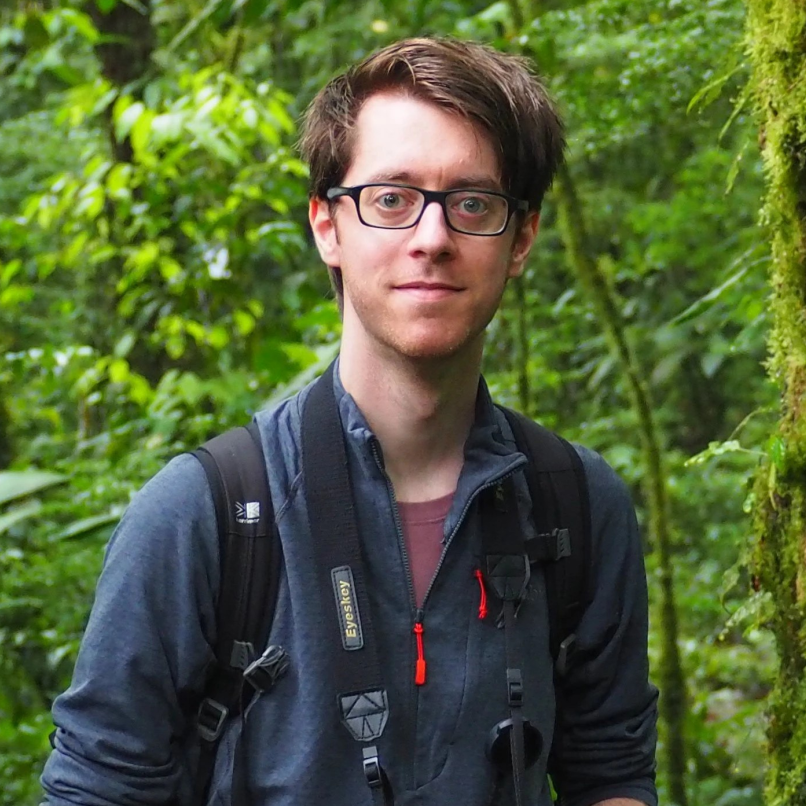
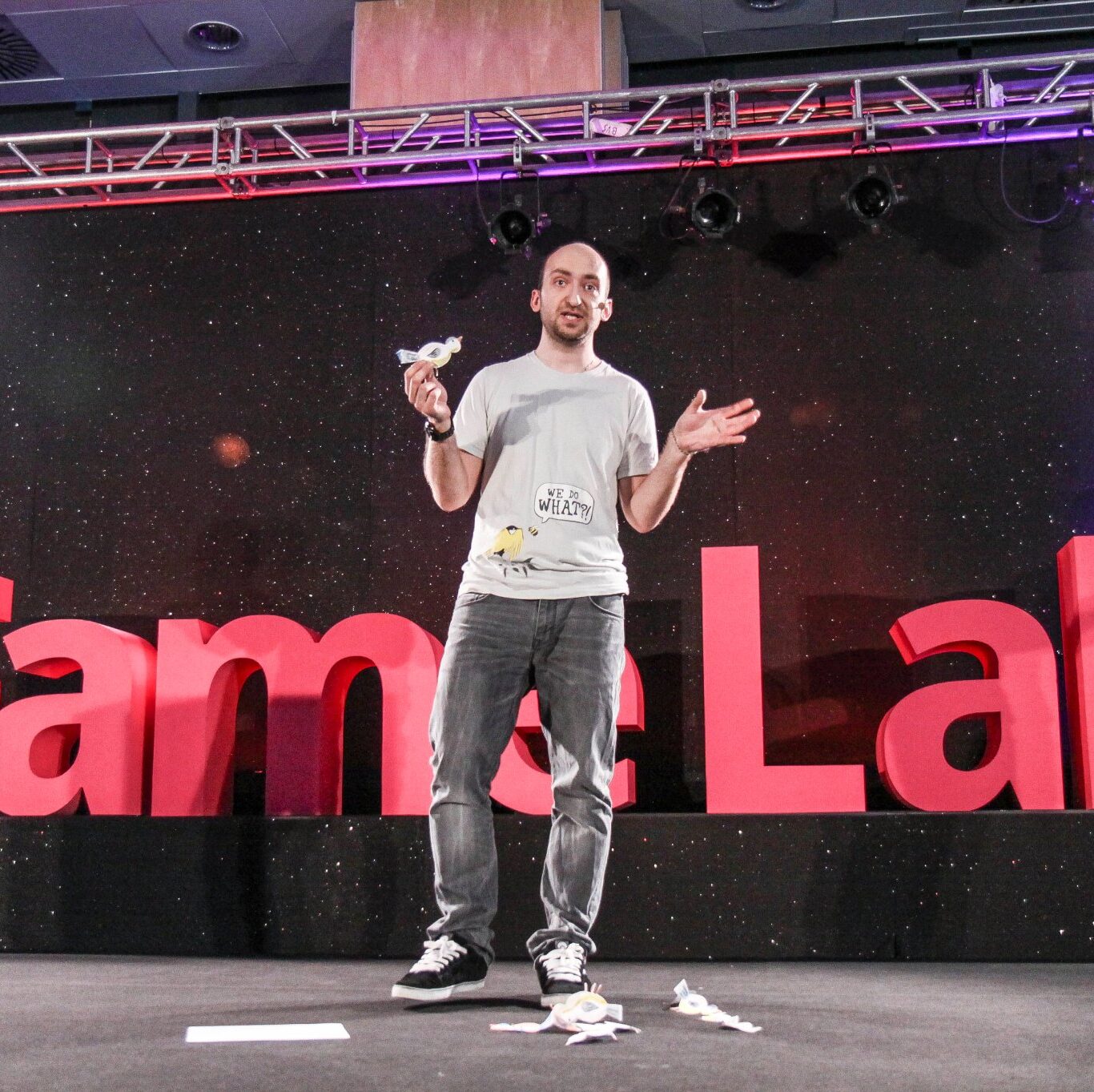
Szymon Drobniak
Jagellonian University, University of New South Wales
I study biological evolution, with particular interest in quantitative genetics, phenotypic plasticity, evolution of colour and colourful signals, and sexual selection. In my work, I use extensively complex statistical tools and multi-level modelling. Apart from empirical studies, I conduct meta-analyses and comparative analyses, synthesising existing evidence and developing new ways of summarizing empirical evidence.

Jacintha Ellers
Vrije Universiteit Amsterdam
I am interested to understand how an individual’s phenotype is shaped by the joint interplay of its genes, genome, and environment. I combine molecular, physiological and experimental tools with evolutionary approaches to link the underlying mechanisms to adaptive explanations.
My research focuses in three major areas:
(1) The evolution of temperature-induced plasticity in ectotherms, including reaction norms for life history traits and tolerance to extreme temperatures. (2) Evolution of trait loss and dependency in ecological interactions. I study the evolutionary trajectories towards obligate species interactions, using different model systems: obligate endosymbiosis in insects, loss of lipogenesis in parasitoid insects, and diet-induced loss of essential metabolic functions.
(3) The role of trait evolution in community ecology: I use a trait-based approach based to understand how the outcome of species interactions and community composition are impacted by global change, including climate warming, urbanization and invasive species.
Sinead English
University of Bristol
My research investigates how variation in environmental and maternal conditions shapes offspring development, behaviour and life history. I use a variety of approaches, including mathematical models, comparative analyses and empirical tests on unusual and important model systems, including the disease-carrying tsetse fly.
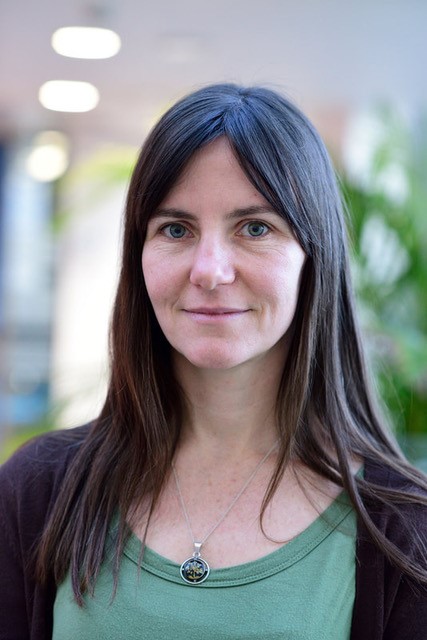
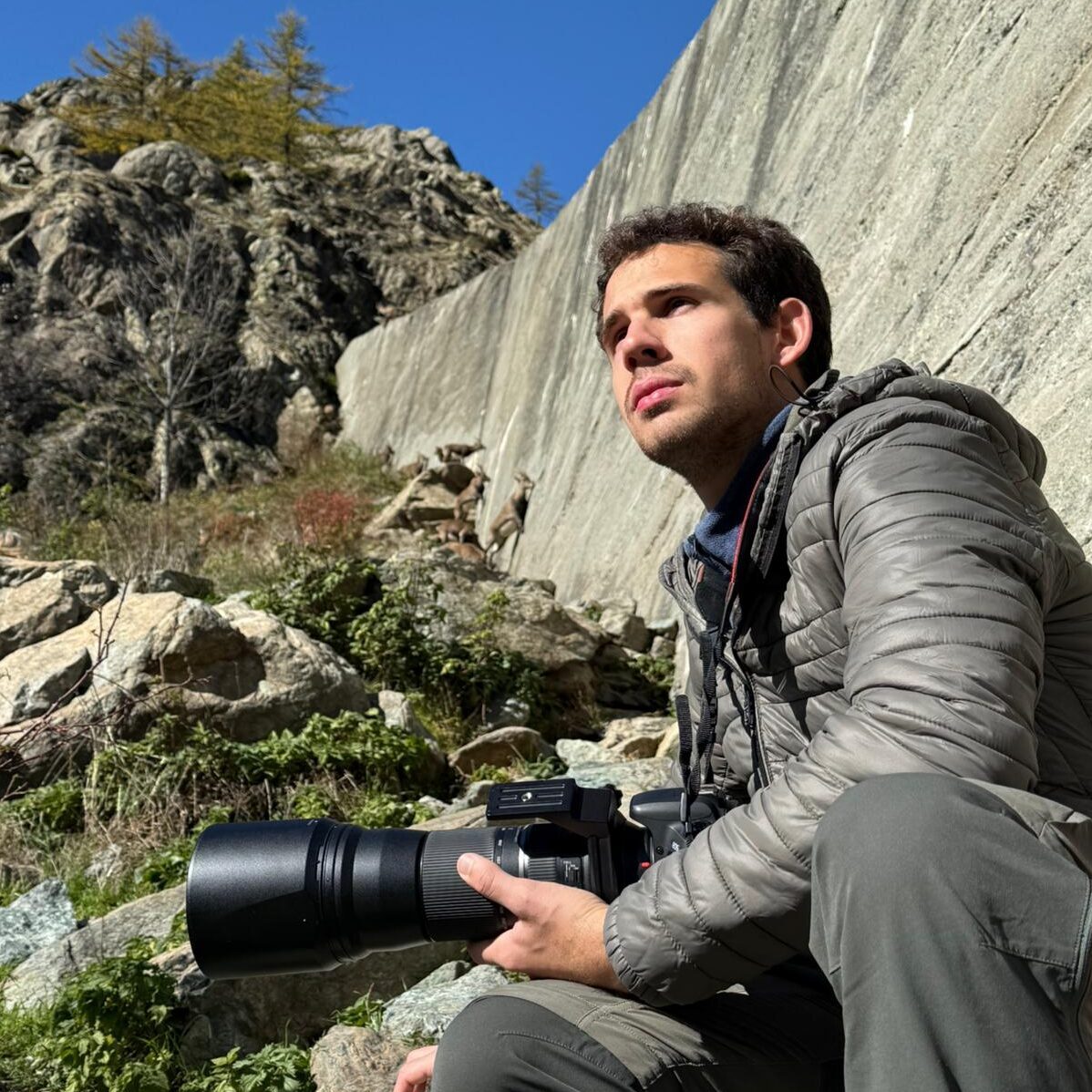
Vittorio Ferrero
University of Turin
I am a PhD student at the University of Turin, studying how climate change affects animal behavior and reproduction. My research focuses on the mechanisms that allow organisms to cope with environmental change. I investigate how acoustic plasticity varies across populations and environments, how heatwaves and temperature fluctuations influence egg incubation and early development, and how microrefugia can help buffer populations against extreme temperatures. I am currently working on crickets and am particularly interested in integrating new technologies to enhance data collection and analysis, combining experimental, observational, and computational approaches.

Clelia Gasparini
University of Padova
I’m interested in sexual selection and, more generally, in reproduction from an evolutionary point of view. My research focuses on animal behaviour and on the processes that occur after the mating, and in particular cryptic female choice. I’m interested in understanding the effects of the environment, such as temperature and anthropogenic activities, on fertility, sexual selection dynamics, and on those traits that can be passed on the next generation. For my studies I use fish (guppy and zebrafish) and, more recently, also insects (Madagascar hissing cockroach).
Alice Godden
University of East Anglia
I am a post-doctoral scientist in the School of Biological sciences at UEA . I am interested in how environmental stressors can affect fertility and future generations. My main projects use the zebrafish model system to answer these questions, but I also work with beetle, nematode, polar bear and human data. I use genomics, molecular and modelling approaches to conduct my research.
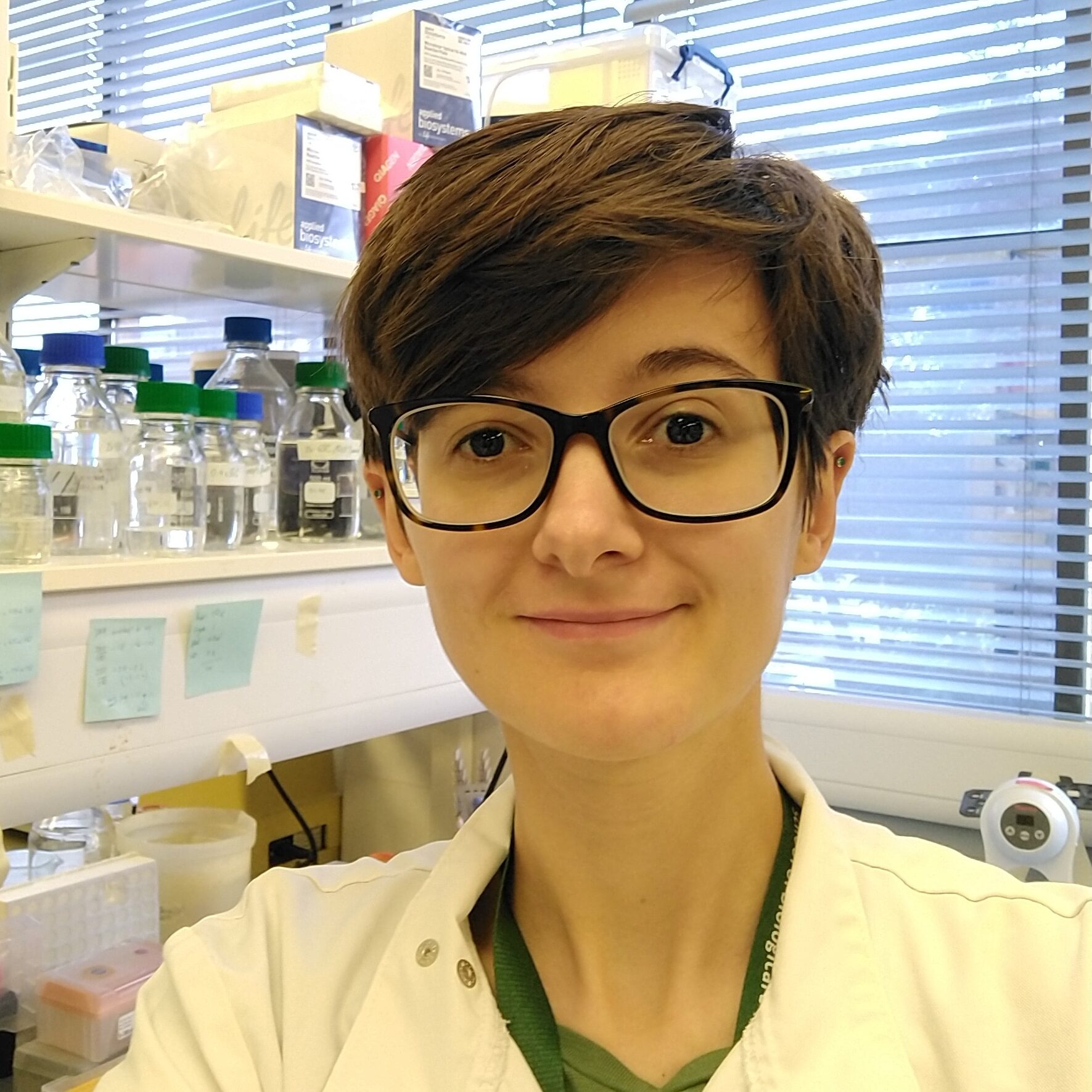
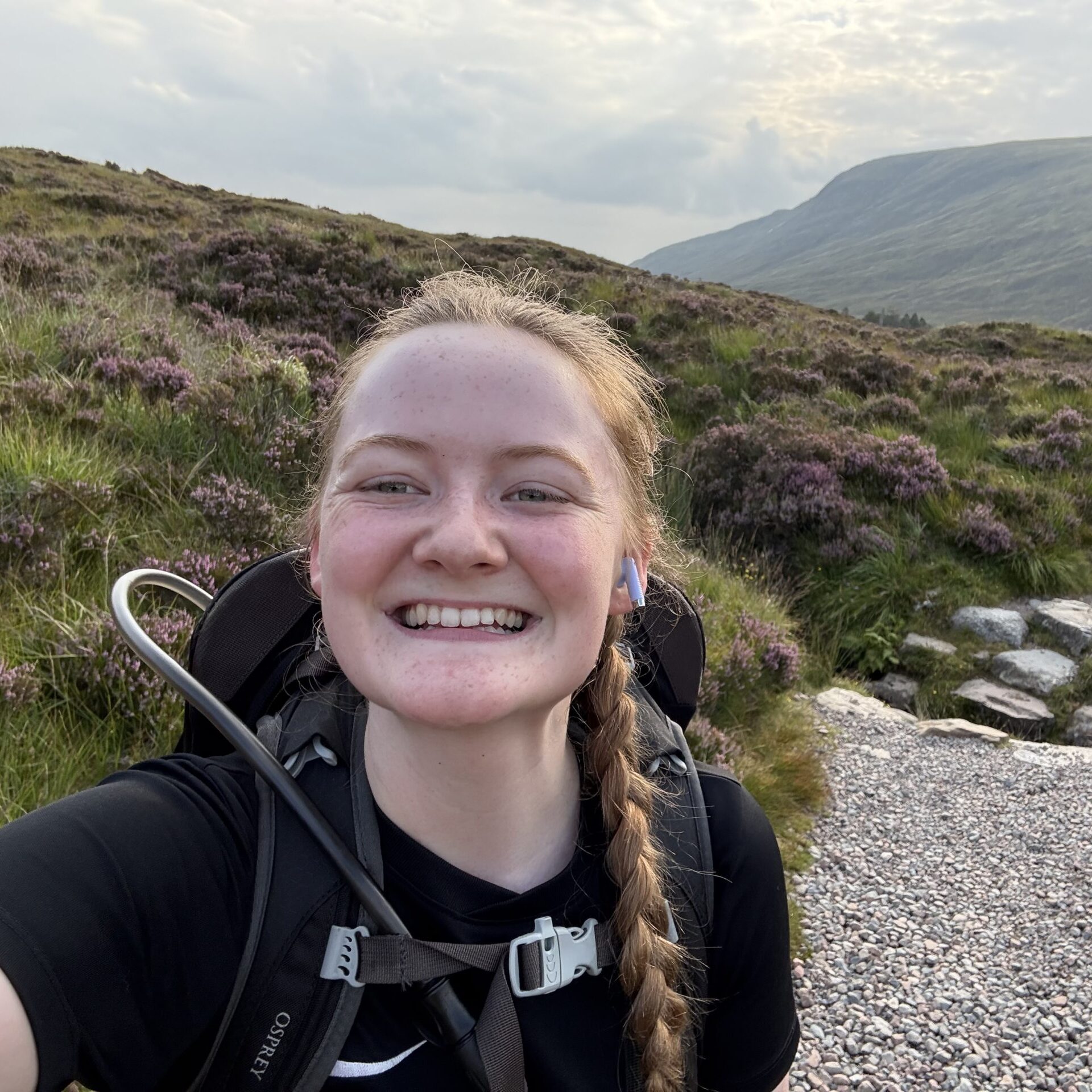
Isobel Grieve
University of St Andrews
I am an Iapetus DTP PhD student, interested in understanding the effect of climate change on reproductive fitness and behaviour. My MRes investigated sex-specific reproductive effects of heatwaves in Nicrophorus vespilloides (a burying beetle), in combination with a meta-analysis on the effect of sexual selection on sex-specific fitness under temperature stress. I am pleased to be continuing my research on burying beetle reproduction, looking into the effect of climate change on parental care behaviour, and the downstream consequences for forest ecosystems.
Graziella Iossa
University of Lincoln
I am an evolutionary ecologist with broad interests in evolutionary and ecological mechanisms. My focus is on reproduction and the interplay between evolution, behaviour and ecology. I study egg-sperm co-evolution and how this shapes reproductive traits in male and female insects, particularly butterflies and moths. I also investigate how fertility is affected by temperature in the laboratory, and want to expand this work to nature, particularly microclimatic effects at the individual and population level.
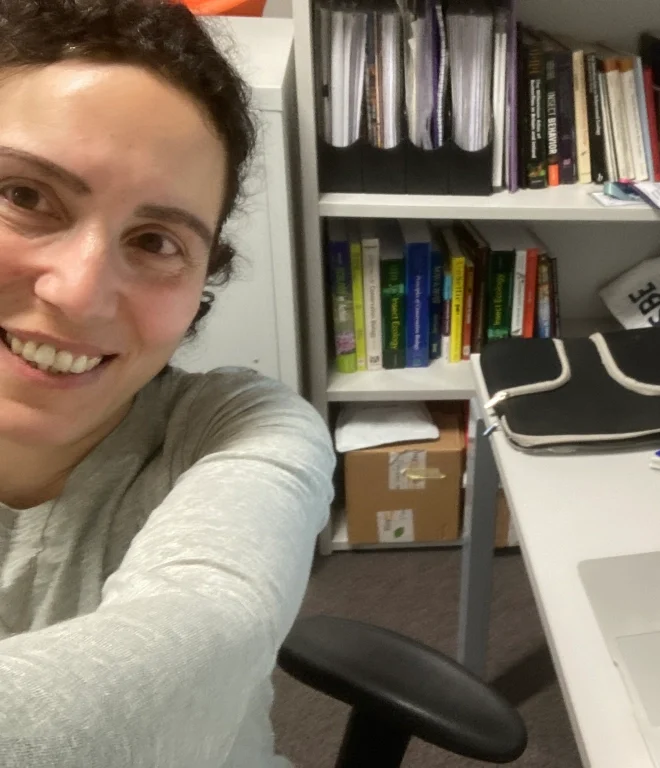

Mareike Koppik
Martin-Luther University Halle-Wittenberg
I am interested in behavioural ecology and the evolution of animal behaviour and reproduction. I have worked with a variety of insect species, such as grasshoppers, parasitic wasps, fruit flies and seed beetles. While I mainly explore how environmental factors shape animal behaviour, reproduction and ultimately fitness, I also work on the molecular level analysing gene expression responses to environmental changes and experimental evolution.

Torsten Nygaard Kristensen
Aalborg University
Main interest areas: conservation genetics, genetics of complex traits, evolutionary biology, ecophysiology.
Examples of my work:
1) Genetic studies on endangered populations –describing and providing tools for rescue 2) Using model species to understand the genetic background for human diseases and response to treatment 3) Studies on adaptation to stressful
environmental conditions – physiological mechanisms and evolution 4) Population genetic studies investigating e.g. impacts of evolutionary forces on the genetic composition and fitness of populations
Malgorzata (Losia) Lagisz
University of New South Wales
I am a biologist with research experience and skills in different fields of science. In my research I address biological questions using research synthesis on data from model organisms and other systems. My work includes meta-analyses of maternal effects, aspects of ageing, evolution and differences between the sexes. I also contribute to methodological works addressing widespread issues in meta-analysis, such as non-independence, allometric scaling, heterogeneity, data sharing, reporting quality and research synthesis guidelines, leading to improved scientific practice.


Lesley Lancaster
University of Aberdeen
Lesley’s research focuses on understanding evolution of ecological niche traits in ectotherms (primarily insects and plants). Using a combination of fieldwork, experimental evolution, and data synthesis, her group seeks to uncover how adaptive and neutral processes interact to drive changes (or stasis) in the ecological niche through space and time.
Noah Leith
University of Pittsburgh
My research examines how climate change affects animal communication, and how communication shapes physiological adaptation and extinction in altered environments. This work combines experimental, comparative, and computational approaches using a range of arthropod and vertebrate systems. I am currently testing how heatwaves affect disease dynamics in freshwater fish, focusing on how heat-induced plasticity in sexually selected traits influences transmission networks and epidemic trajectories.

Stefan Lüpold
University of Zurich
I study reproductive evolution from large-scale macroevolutionary patterns to a more detailed mechanistic understanding in insect model systems. I am particularly interested in the interactions between individuals and their dynamic social and multivariate environmental context. Currently, we are also focusing on the microbiome as a potential mediator of environmental effects (e.g., diet, temperature, environmental toxins) on insect reproductive performance.
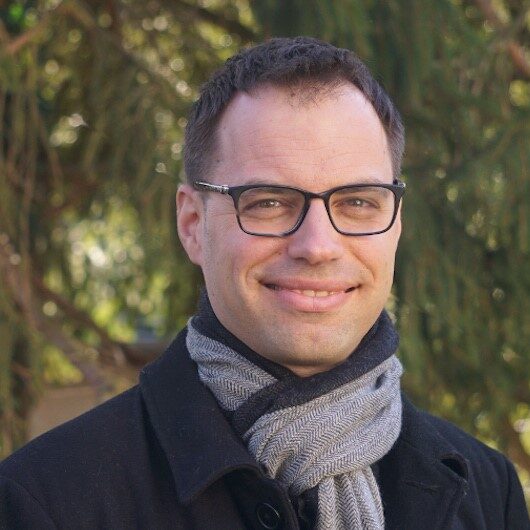
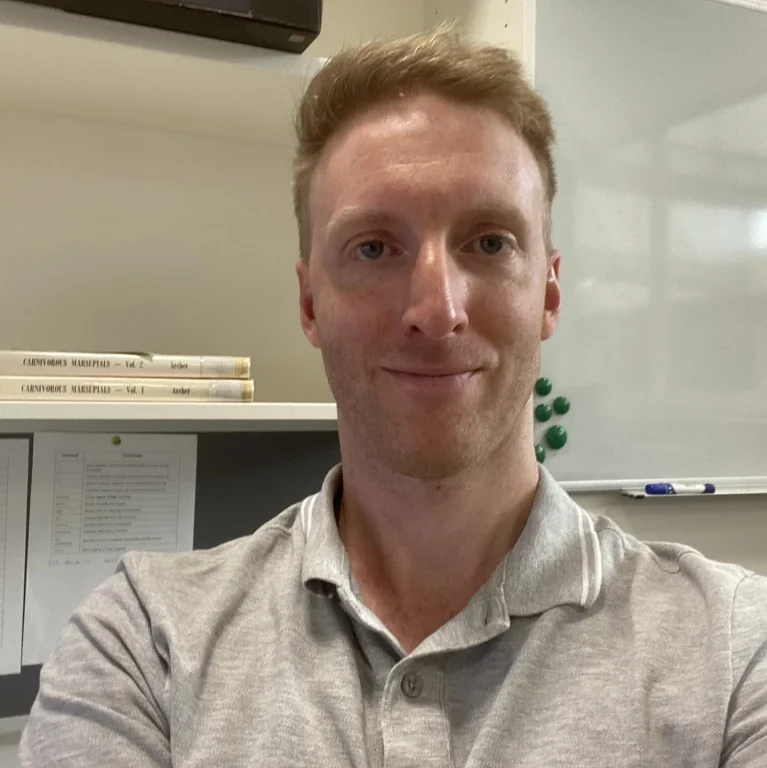
Rowan Lymbery
The University of Western Australia
I am an evolutionary biologist and geneticist currently working on evaluating and facilitating adaptation of threatened fauna to climate change in Western Australia via conservation genetic approaches. I also have previous and ongoing research interests in sexual selection, the evolution of sperm-egg interactions, and parental effects on offspring fitness. I have studied these processes in insects, live-bearing fish, and broadcast-spawning marine invertebrates, using a variety of experimental and molecular approaches.
Erin Macartney
University of New South Wales
I am currently a Post-Doctoral Research Associate at UNSW working in the Inter-Disciplinary Ecology and Evolution Lab (I-DEEL) with Prof Shinichi Nakagawa. I combine empirical research and quantitative literature syntheses such as meta-analyses to address a broad range of questions within evolutionary ecology and environmental science. I am especially interested in life-history theory and reproductive investment strategies, phenotypic plasticity, and non-genetic inheritance. I am also becoming a more active member in helping improve reproducibility in ecology and evolution.


Ryan Martin
Case Western Reserve University
Ryan’s research is focused on understanding how biotic interactions and environmental variation influence evolutionary change at contemporary timescales. His lab investigates this using observational and experimental studies, primarily in arthropods and amphibians, and meta-analysis to evaluate the generality of empirical results. Ryan is especially interested in using cities as arenas to explore evolutionary questions.
Margarida Matos
University of Lisbon
Margarida Matos’ research uses Experimental evolution as tool and Drosophila subobscura as model organism. The main goal of her research is the analysis of the evolution to novel environments of populations founded from contrasting latitudes, to understand the role of History and Selection during Adaptation. This is approached by analyzing real time laboratory evolution of Drosophila subobscura populations founded from contrasting latitudes. The goal of the main ongoing project, ADAPTCLIMWARM (PI: Pedro Simões; Co-PI M. Matos; Hired Researcher Marta Santos) is to understand the evolutionary potential and genetic basis of thermal adaptation across biological levels (from inversions, transcriptomics, genomics, to physiology and life history traits), when different thermal regimes are imposed on such populations.
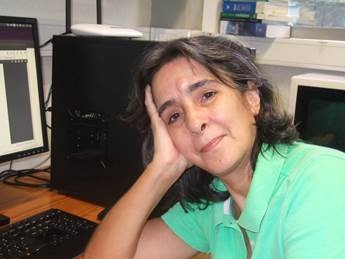

Callum McLellan
University of Bristol
During my undergraduate course at the University of Bristol I became fascinated with the evolution of warning colouration and anti-predator behaviour. After graduating, I stayed at Bristol to pursue my interest in behavioural ecology with a Masters by Research investigating how avian predators learn to avoid distasteful, warningly coloured prey. I then went on to follow my interests in evolutionary ecology with a PhD project in the EBaB lab, studying the evolution of grouping behaviour using larval Lepidoptera as a model system. I am now excited to undertake a Postdoc with the EVE lab, investigating the effects of environmental factors on physiological and behavioural changes during insect development, including thermal fertility limits in tsetse.
Abhishek Meena
University of Zurich
I am a Ph.D. student working under Prof. Dr. Stefan Lüpold in the Department of Evolutionary Biology & Environmental Studies at the University of Zurich. I am interested in how sex-specific life-history strategies and fitness (such as reproductive performance) respond to interactions between environmental factors, including heat stress due to climate change.

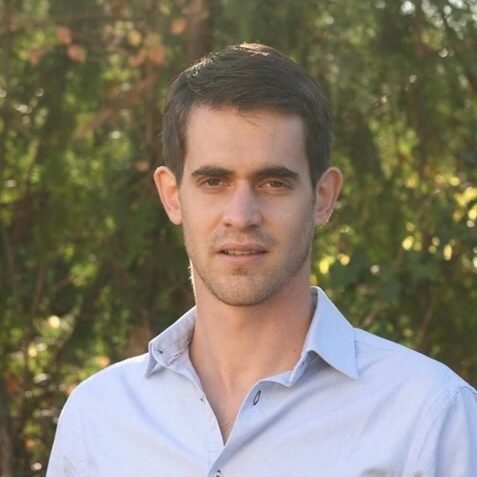
Florent Murat
French National Research Institute for Agriculture, Food, and Environment (INRAE)
Fish Physiology and Genomics Institute (LPGP), Rennes, France
I am an evolutionary biologist broadly interested in the evolution of genomes and reproduction. Currently, my main line of research focuses on the evolution of gonads across fish species, using large-scale comparative genomics and cell-focused techniques such as single-cell and spatial transcriptomics.

Ameka Myrie
University of Regensburg
I am a biologist working on the most important coffee pest worldwide, this pest is known as the Coffee Berry Borer (CBB). My work involves assessing the beetle’s behavior in both natural environments in the field, and controlled laboratory settings using artificial diets and artificial habitats. Additionally, I use genomics to explore the history and biology of these beetles. By investigating the changes in the CBB behaviour and biology, I aim to gain a deeper understanding of the pest. This knowledge will lead to more effective solutions for controlling the CBB and mitigating its impact on coffee crops.
Shinichi Nakagawa
University of New South Wales
My research interests are very diverse but usually fall into three categories: 1) Animal Behaviour, 2) Evolutionary Biology and 3) Applied Statistics. My main model organisms have primarily been birds (sparrows, dunnocks and penguins), but I have also worked with earthworms, amphipods, frogs and fish (to be honest, I prefer eating, rather than studying, the last model system). Currently, my main experimental model is zebrafish in collaboration with Dr Dan Hesselson at the Garvan Institute of Medical Research.


Daniel Noble
Australian National University
Dan is an evolutionary ecologist at The Australian National University. His research combines meta-analysis with experiments to explore how thermal developmental environments shape physiology, life-history and fitness in wide-ranging environments.
Jonathan Parrett
Adam Mickiewicz University
My main research interests are related to understanding the effect of sexual selection on population fitness, adaptation and extinction, particularly during environmental stress. The main approach of my current research is experimental evolution in laboratory systems, specifically using mites, in which I investigate the role sexual selection and sexually selected traits may have at the population, individual and gene level. Moreover, a lot of my research is focused on how these outcomes are influenced by thermal stress.


Natalie Pilakouta
University of St Andrews
The main aim of my research is to improve our ability to predict population responses to climate change. Our research integrates behavioural ecology, evolutionary biology, and ecophysiology, using a wide range of methods, such as experimental evolution, field-based studies, and molecular techniques. We work mainly on fish and insect study systems, but we also use meta-analytic methods to answer questions with a broad taxonomic scope.
Patrice Pottier
University of New South Wales
Patrice is an evolutionary ecologist at the University of New South Wales, Sydney. His is currently interested in using meta-analyses and empirical studies to investigate the importance and limits of thermal plasticity in changing environments.

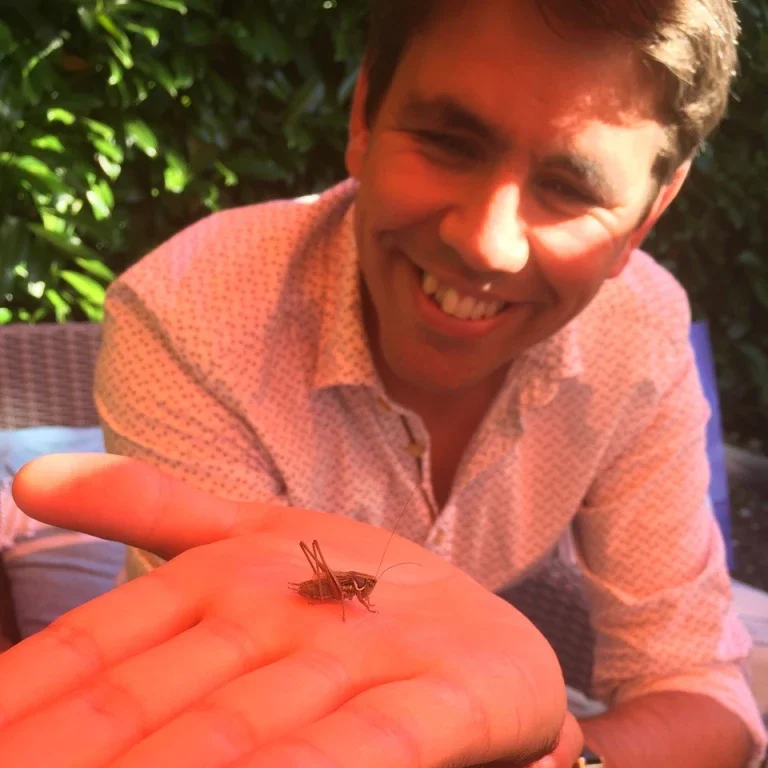
Steve Ramm
Université de Rennes
I’m an evolutionary biologist studying traits linked to fertility such as spermatogenesis, seminal fluid and self-fertilization, mainly using simultaneously hermaphroditic flatworms (and the occasional bushcricket). I am especially interested in linking molecular and organismal perspectives on adaptive evolution and plasticity, driven by both biotic and abiotic environmental factors.
Rebecca Rimbach
University of Münster
I study how individual animals differ in their behavioral and physiological responses to environmental change. My research lies at the intersection of ecophysiology, behavioral ecology, and endocrinology, and explores how individualized physiological phenotypes arise and adjust to both natural and human-driven environmental variation. I use a combination of experimental and observational approaches. My work spans diverse species and habitats, from tropical rainforests to urban environments, and aims to understand how environmental constraints and individual variation shape health, life-history traits, fitness, and survival.

Melissah Rowe
Netherlands Institute of Ecology
My research is directed towards understanding how ecology and evolution shape reproductive biology and behaviour and the consequences of variation in sexual traits for fitness. I am particularly interested in understanding factors that impact sperm quality and drive variation in fertility in passerine birds. Currently, this work is focused on examining the impact of environmental factors (e.g. temperature, diet) and microbes (reproductive microbiomes).

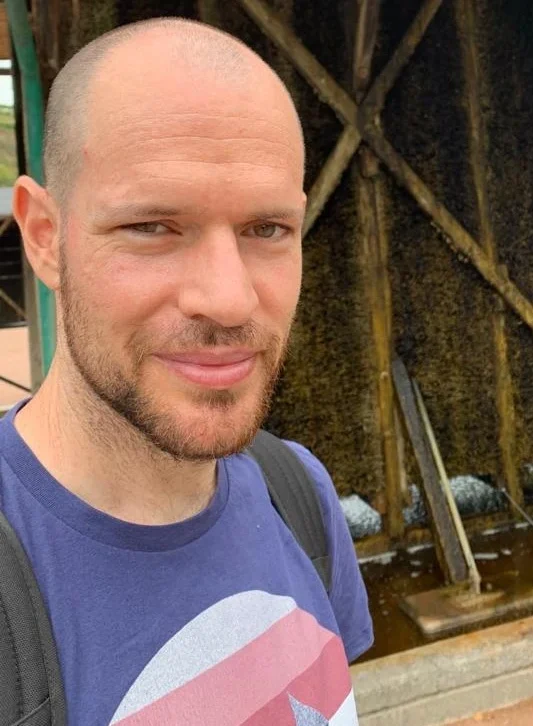
Inon Scharf
Tel Aviv University
I study the behavior and ecology of (mostly) insects. My lab engages with various questions, such as what the optimal way to obtain food is, when an insect should reproduce, how to balance conflicting energetic demands, such as feeding and reproduction, and how stress affects animal performance. We mostly conduct controlled lab experiments but nevertheless also work in the natural habitat of the studied animals. My current research focuses on three main themes: (1) Learning in desert ants in the context of foraging; (2) thermal ecology of flour beetles and especially the effect of stressful temperatures on their performance; and (3) habitat use of sand-dwelling animals, such as antlions, wormlions, and desert vipers.
Mads F. Schou
Aarhus University, Denmark
The biosphere contains a remarkable diversity that mostly arose from adaptive evolution. But there are limits to the evolutionary potential of species. Some challenges, such as rapid changes in temperature fluctuations, may be too big to be overcome. The main topic of my research is to study the genetic constraints of (thermal) adaptation. To do this I work with a range of organisms from fruit flies, cattle and birds such as the ostrich.
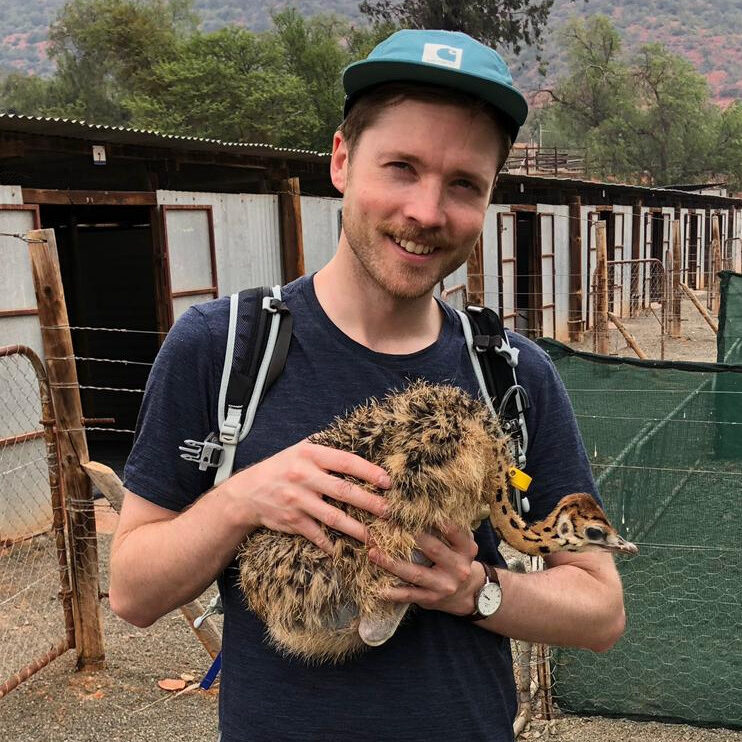
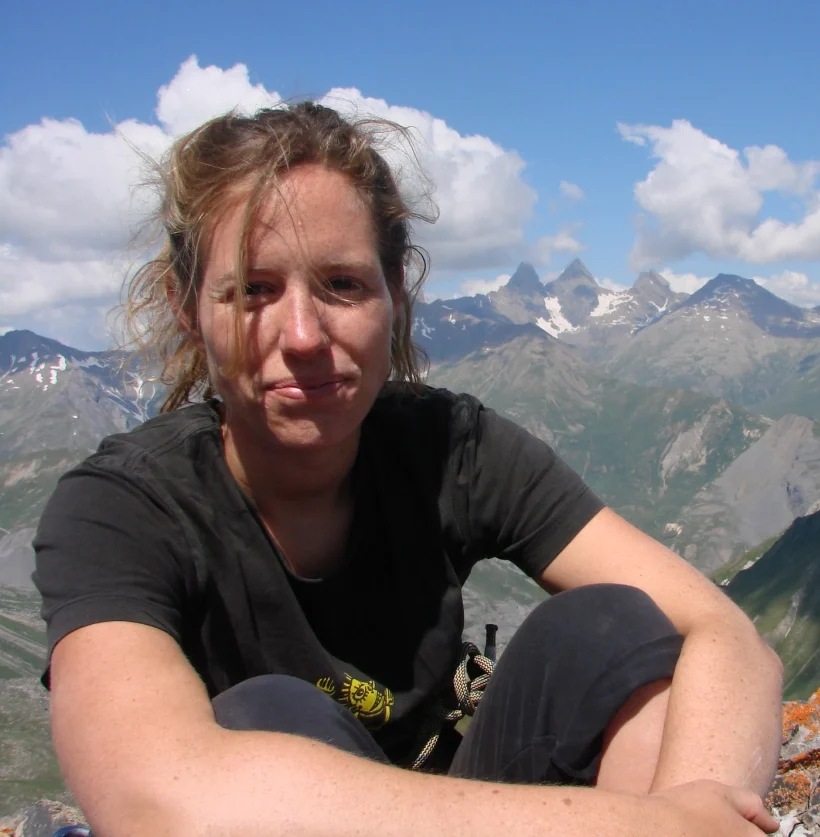
Eva Schultner
University of Regensburg
I study evolutionary biology because I want to understand how interactions between organisms and their natural environment shape trait evolution. Using ants as models, I address questions about behavior, development and genetics, taking into consideration both the ants themselves and their microbial symbionts.
Lisa Schwanz
University of New South Wales
My research asks: How do animals respond to change? In more scientific terms, research in my lab focuses on the evolution and ecology of phenotypic plasticity – when traits change as a function of the environment. When is plasticity adaptive, how does it evolve in different environments, and does it allow populations to track or adapt to changing conditions? I employ theoretical and empirical approaches to explore these questions, and mostly focus on vertebrate study organisms. My main research foci are temperature-dependent sex determination, parental effects, thermal biology, and sex allocation in mammals.
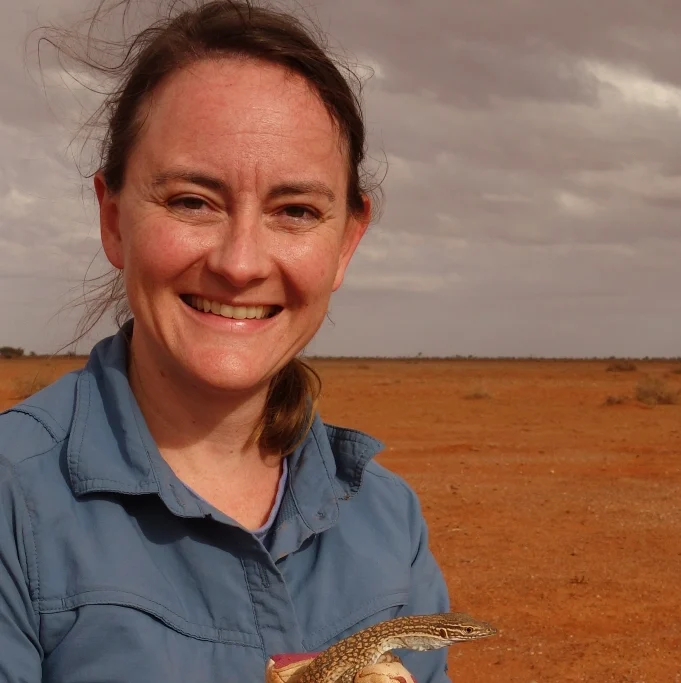

Karendeep Sidhu
University of Aberdeen
I am a NERC-funded PhD student at the University of Aberdeen, and I am interested in how extreme temperatures, such as heatwaves, impact sexual behaviour and how this can influence fitness. Currently I am studying the role of sexual selection in facilitating rapid adaptation to climate change in burying beetles ( Nicrophorus vespilloides), particularly looking at how mating behaviour and parental care are impacted by heatwaves.

Pedro Simões
University of Lisbon
I am interested in understanding the patterns of adaptation to global warming at (1) phenotypic level, including fecundity, productivity, thermal tolerance, and gene expression changes, as well as (2) addressing genomic patterns of variation and differentiation. I use experimental evolution as a tool and Drosophila subobscura as my organism of study.
India Sutherland
University of Liverpool
I am a NERC ACCE DTP PhD student at the University of Liverpool, with a broad interest in how environmental factors affect insect fitness and behaviour, particularly reproduction. My previous MRes work involved using Drosophila hydei to investigate how fluctuating heatwave patterns affect fertility and mating behaviour. I am now excited to continue my research in this field by comparing reproductive traits which could limit the ability of male Drosophila to maintain fertility at high temperatures, with the aim of understanding why some species have a thermal fertility gap whilst others do not.
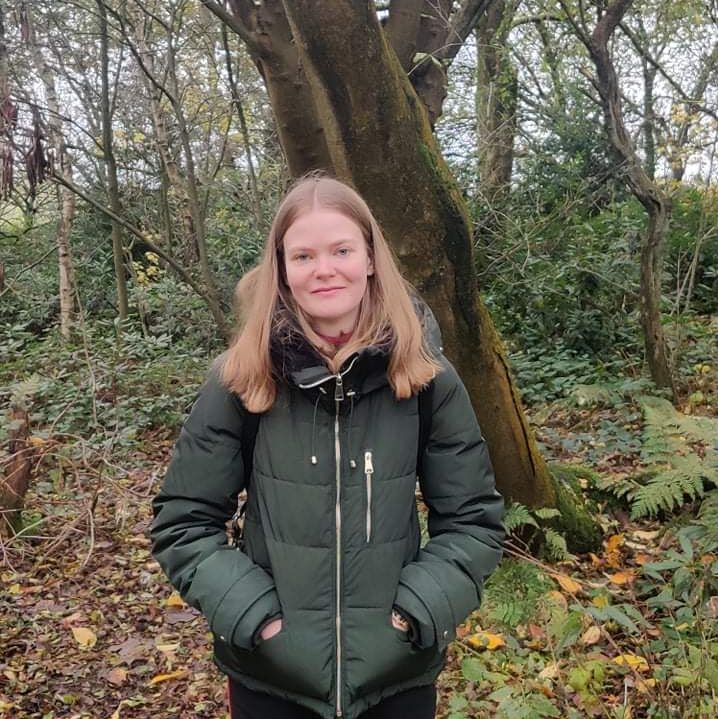

Christopher Taylor
University of Nottingham
I am a bioinformatician with a passion for evolutionary ecology and a keen interest in working with big, complicated datasets. I am currently working as a Research Fellow on a project entitled “Mitigating against life-course complications of heat stress” in which we are looking at effects of heat stress on mammal fertility and reproduction, with a particular focus on peri-conception and early embryo development. I am using comparative genomics to look for signatures of convergent evolution across heat-adapted mammals.
Cristina Tuni
University of Turin
I investigate the behavioral ecology of spiders and insects within an evolutionary framework and with a particular focus on sexual selection. Experimental laboratory approaches allow me to study male reproductive traits, ranging from mating behavior (nuptial gifts in spiders, fighting and singing in field crickets) to morphology and sperm, with the aim of understanding complex male phenotypes and their responses to changing environments. Through field studies, I aim at addressing the ecological factors, biotic and abiotic, that may ultimately affect male mating strategies, to advance our understanding of sexual selection in natural populations.


Ram Vasudeva
University of East Anglia
I am an Evolutionary ecologist with broad interests in the evolution of reproduction and reproductive traits. Using experimentally evolving insect models, I study the interaction between temperature and reproduction, sex-specific fitness consequences, phenotypic adaptations and its population-level effects using an evolutionary framework. My current work focuses on male-specific infertility in response to heat stress in the red flour beetle, Tribolium castaneum. I am also interested in the role of sexual selection in the rapid evolution of primary reproductive traits.
Hester Weaving
University of Bristol
I’m interested in how insects will and are currently responding to climate change through thermal plasticity and evolution. My work investigates physiological limits and thermal traits using meta-analytical comparative analyses and detailed experimental work on disease vectors.
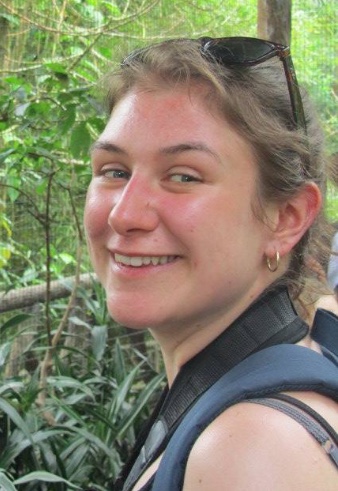
Jakob Wiil
University of St Andrews
I am a PhD student at St Andrews University investigating how thermal stress influences the evolution of behavioural and physiological responses in ectothermic organisms, with a particular focus on arthropods. My research integrates behavioural ecology, evolutionary biology, and thermal physiology to understand how temperature affects communication, parental care, and reproductive success. Using Nicrophorus vespilloides beetles as a model system, I explore how individuals cope with and adapt to increasingly variable thermal environments. In addition, I am interested in the transcriptomic mechanisms underlying reproductive behaviour and adaptive plasticity, linking molecular processes to ecological and evolutionary outcomes.

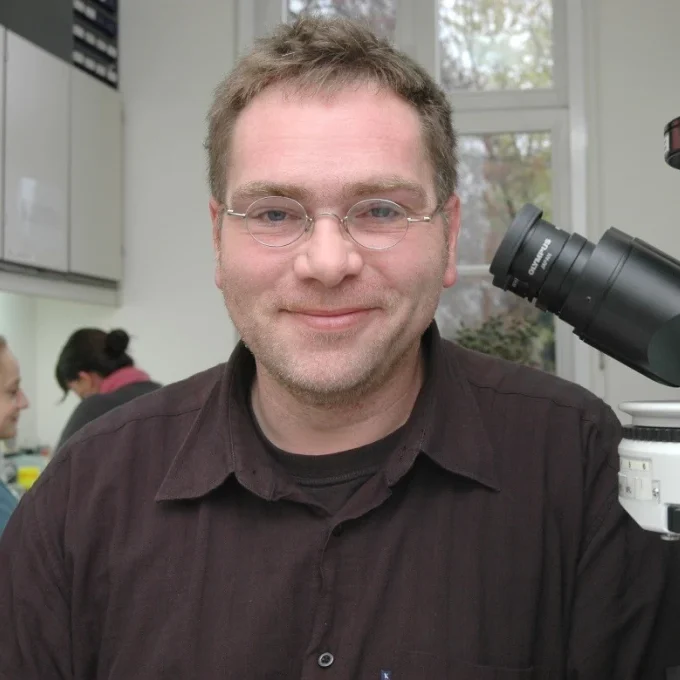
Joachim Wistuba
University of Münster
Working on reproductive biology, my interests are evolutionary processes shaping (mainly the male) germ line in terms of spermatogonial stem cell competition and spermatogenic processes. These are definitely impacted by external/abiotic factors, making them also a potential target for environmental changes.
Z. Valentina Zizzari
VU University of Amsterdam
My research background encompasses sexual selection, sex pheromone communication, reproductive morphology, and adaptation to rapid environmental changes. I am fascinated by the variety of animal reproductive modes. Much of my work focuses on systems displaying “less conventional” modes of reproduction, such as indirect sperm transfer, parthenogenesis, as well as systems having both sexes within the same organism. Currently, my research is mainly aimed at the investigation of the consequences of thermal stress on animal communication and reproductive success.

